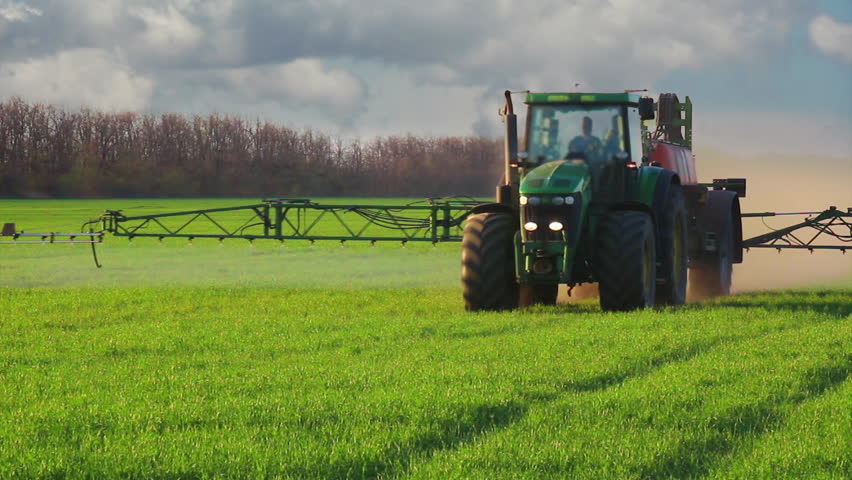
MEPs in Brussels have been warned against 'over-zealous' and 'ill-considered' banning of important pesticides in the European Parliament.
The EU's Agriculture Committee heard the message from one of Britain's leading growers at a hearing on Sustainable Plant Protection.
John Chinn, chairman of the UK's Centre for Applied Crop Science, said the EU was not performing well when approving or banning plant protection products.
He told the hearing: "A failure to distinguish between hazard and risk is an essential part of the confusion about perceived threats from or to our environment; in general hazard identification is easy and often speculative; risk evaluation is generally complex and demanding.
"Rational responses are not invariable. There is an extraordinary disregard for well documented risks while others, of marginal significance, distort public and private spending decisions.
"These factors, coupled with a perverse preference for natural toxicity over synthetic safety, lead to an indifferent performance in risk management in the community."
'Low opinion'
After the hearing, West Midlands Conservative MEP Anthea McIntyre said: "It was really good to hear from someone with a wealth of first hand experience, a detailed grasp of the subject and a great deal of common sense - a commodity often in short supply here!
Ms McIntyre said Mr Chinn was very polite and very scientifically precise in his language - but said he made no secret of his low opinion of some large parts of the EU's performance in this area.
"His basic warning was that effective and low-risk products were being denied to farmers when using them would improve food security and benefit the environment," she said.
"He concluded by telling the Committee that with new technologies we can achieve the twin goals of increased agricultural production and an enhanced environment.
"I was pleased that his message chimed so closely with my own recent report on Technological Solutions for Sustainable Agriculture which emphasised the need for innovation, new techniques and scientific advances to be adopted across all sectors of agriculture in order to feed a growing population without damaging the environment."
